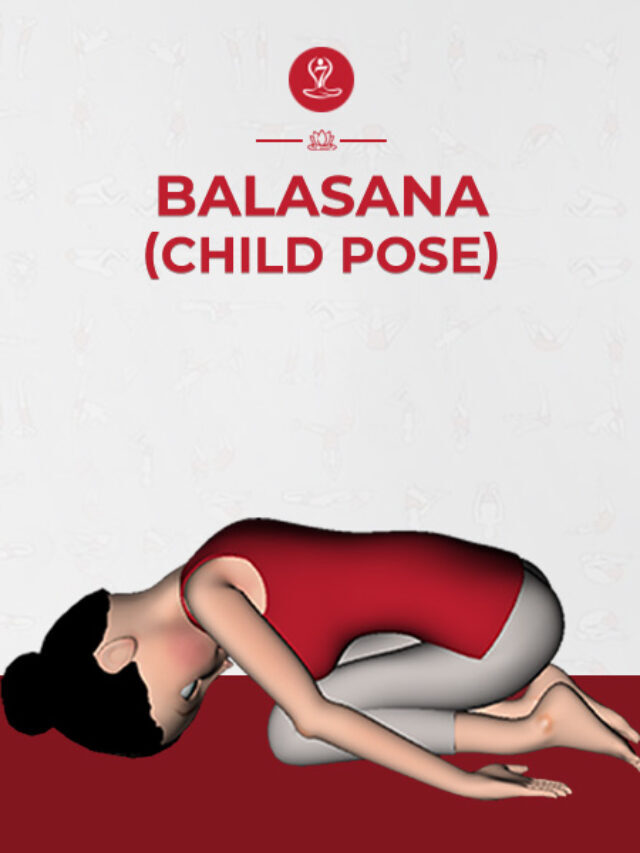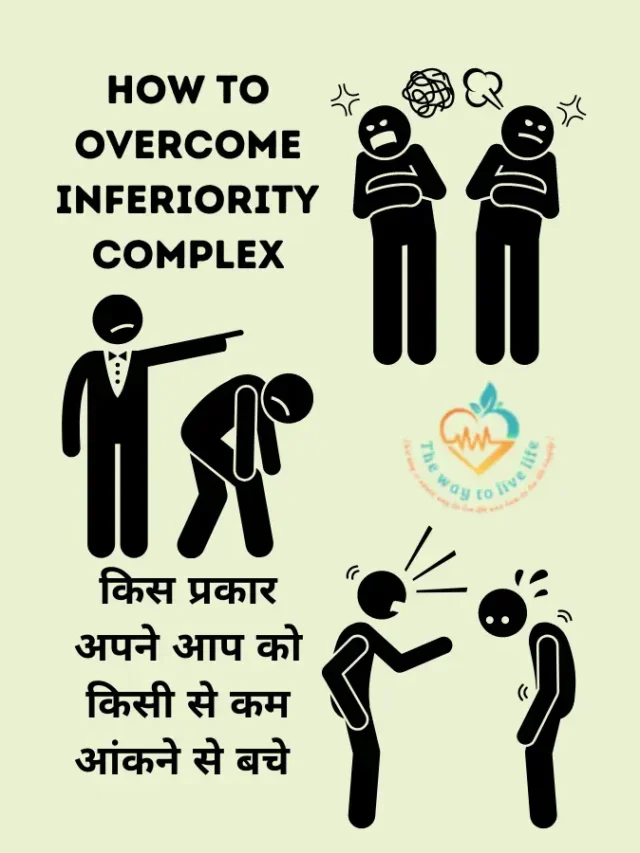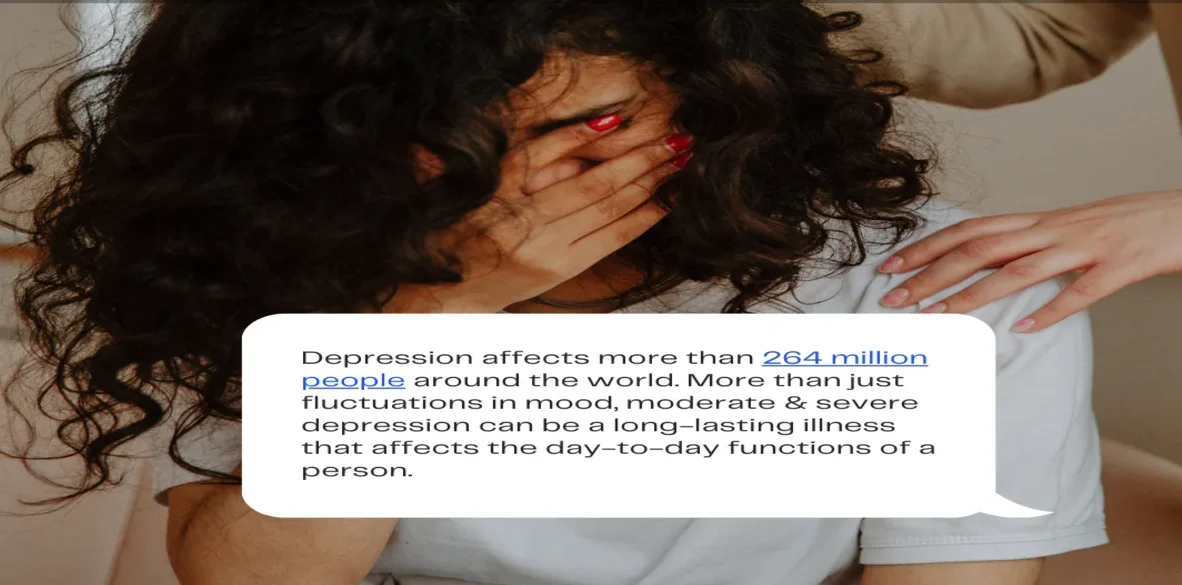Depression is a common and serious mental health disorder characterized by persistent feelings of sadness, hopelessness, and a loss of interest in activities that were once enjoyable. It can affect a person’s thoughts, emotions, behavior, and overall functioning. Depression is a complex and multifactorial mental health condition, and there is no single cause that can explain it. Rather, depression is thought to result from a combination of genetic, environmental, and psychological factors.
It can manifest in many different ways, and symptoms can vary from person to person. Some common symptoms of depression include:
- Persistent feelings of sadness, hopelessness, and emptiness
- Loss of interest or pleasure in activities that were once enjoyable
- Fatigue or loss of energy
- Difficulty sleeping or oversleeping
- Changes in appetite or weight
- Feelings of worthlessness or excessive guilt
- Difficulty concentrating or making decisions
- Thoughts of death or suicide
- Depression can be caused by a variety of factors, including genetic, biological, environmental, and psychological factors. It is a treatable condition, and there are many effective treatments available, including medication, psychotherapy, or a combination of both. If you or someone you know is experiencing symptoms of depression, it is important to seek professional help from a mental health provider.
Some of the major causes of depression include:
Genetics:
Depression can run in families, suggesting that there may be a genetic component to the disorder. Studies have identified several genes that are associated with depression, but the relationship is not straightforward, and genetics is not the sole determinant.
There are several genes that have been associated with depression, and researchers are actively investigating the role of these genes in the disorder. One such gene is the serotonin transporter gene, which is involved in the regulation of serotonin levels in the brain. Variations in this gene have been associated with an increased risk of developing depression, especially in individuals who have experienced stressful life events.
Additionally, while genetics may increase the risk of developing depression, it is not a guarantee that someone will develop the disorder. The interplay between genetic and environmental factors is complex and still not fully understood. Thus, depression is best understood as a multifactorial disorder that arises from the interplay of genetic, environmental, and psychological factors.
Brain chemistry:
Brain chemistry is thought to play a significant role in the development of depression. The levels of neurotransmitters in the brain, including serotonin, norepinephrine, and dopamine, are closely linked to mood regulation, sleep, appetite, and other bodily functions. Changes in the levels of these neurotransmitters can lead to a disruption in these functions and contribute to the development of depression.
Serotonin, in particular, is often implicated in depression. Serotonin is a neurotransmitter that helps to regulate mood, sleep, appetite, and other bodily functions. Low levels of serotonin have been associated with an increased risk of depression, and medications that increase the levels of serotonin in the brain are often used to treat depression.
It is important to note that changes in neurotransmitter levels are not the only factor involved in the development of depression. Environmental and psychological factors also play a significant role, and the interplay between these factors is complex and not fully understood. Nonetheless, targeting neurotransmitter systems remains a valuable approach to treating depression for many individuals.
Life events:
Life events can have a significant impact on the development of depression. Traumatic or stressful life events, such as the death of a loved one, divorce, financial difficulties, or chronic illness, can trigger depression, especially in individuals who are already predisposed to the disorder.
The impact of life events on depression is often thought to be mediated by stress. Stressful events can cause the release of stress hormones, such as cortisol, which can disrupt the functioning of the brain and lead to changes in mood, behavior, and physical health.
Traumatic or stressful life events, such as the death of a loved one, divorce, financial difficulties, or chronic illness, can trigger depression, especially in individuals who are predisposed to the condition.
It is important to note that not all individuals who experience stressful life events will develop depression, and that environmental factors are just one of several factors that can contribute to the development of depression. Nonetheless, understanding the impact of life events on depression is important for identifying individuals at risk for the disorder and developing effective prevention and treatment strategies.
Environmental factors
Other environmental factors, such as social isolation or living in a high-crime area, can also contribute to the development of depression. Environmental factors can have a significant impact on the development of depression. Environmental factors refer to the physical, social, and cultural factors that surround an individual, such as living conditions, social support, culture, and economic status.
Living in a stressful or impoverished environment, experiencing social isolation or discrimination, or being exposed to violence or abuse can increase the risk of developing depression. Conversely, positive environmental factors, such as a supportive social network, stable living conditions, or access to healthcare, can help protect against the development of depression.
Overall, environmental factors are thought to interact with genetic and biological factors to contribute to the development of depression. Identifying and addressing environmental risk factors, as well as promoting protective environmental factors, can be an important strategy for preventing and treating depression.
Personality factors
Certain personality traits, such as pessimism, low self-esteem, and a tendency to worry or ruminate, can make individuals more vulnerable to depression. Personality factors can play a role in the development of depression. While personality traits alone do not cause depression, certain traits may increase an individual’s susceptibility to depression or impact their ability to cope with stress and adversity.
Perfectionism is another personality trait that has been linked to depression. While striving for excellence can be a positive attribute, individuals who hold themselves to impossibly high standards and are overly critical of themselves may be more prone to feelings of inadequacy and depression.
Overall, while personality factors alone do not cause depression, they can impact an individual’s susceptibility to the condition and their ability to cope with stress and adversity. Identifying and addressing these personality factors, either through therapy or self-help strategies, can be an important part of the treatment of depression.
Biological factors
Depression can be caused by imbalances in the brain chemicals, such as serotonin and dopamine, which regulate mood and emotions. Biological factors play an important role in the development of depression.
The brain is a complex organ that relies on a delicate balance of chemicals, hormones, and electrical impulses to function properly. When this balance is disrupted, it can lead to changes in mood, behavior, and thought patterns, which can contribute to the development of depression.
One of the key biological factors associated with depression is an imbalance in neurotransmitters. Neurotransmitters are chemical messengers that allow nerve cells in the brain to communicate with each other.
Hormonal imbalances can also contribute to the development of depression. Changes in hormone levels, such as those that occur during pregnancy, menopause, or thyroid dysfunction, can impact brain chemistry and lead to changes in mood and behavior.
Brain structure and function can also impact the development of depression. Brain imaging studies have identified differences in the structure and activity of certain brain regions in individuals with depression compared to those without. These differences may impact mood regulation, emotional processing, and cognitive function, contributing to the development of depression.
Medical conditions
Chronic illnesses, such as cancer, heart disease, or chronic pain, can cause depression due to the stress and impact they have on an individual’s life. Medical conditions can have a significant impact on the development of depression. Individuals with chronic medical conditions, such as cancer, diabetes, heart disease, or chronic pain, are at an increased risk of developing depression.
The relationship between medical conditions and depression is complex and likely involves both biological and psychological factors. Chronic medical conditions can lead to changes in the brain and body that contribute to the development of depression. For example, chronic pain or inflammation can cause changes in neurotransmitter levels or immune system function, leading to changes in mood and behavior.
It is important to identify and treat depression in individuals with medical conditions, as depression can impact treatment adherence, quality of life, and outcomes. Treatment for depression may involve a combination of medication, psychotherapy, and lifestyle changes, depending on the individual’s needs and preferences. Collaborative care between medical providers and mental health professionals can be especially beneficial for individuals with comorbid medical and mental health conditions.
Nutritional deficiencies
A lack of certain nutrients, such as vitamin B12 and omega-3 fatty acids, can contribute to depression. Nutrition can have a significant impact on the development and management of depression. There is evidence to suggest that certain nutrients and dietary patterns can affect brain chemistry and impact mood and behavior.
Some studies have suggested that a diet high in fruits, vegetables, whole grains, fish, and lean proteins (commonly referred to as the Mediterranean diet) may be protective against depression. This diet is high in omega-3 fatty acids, antioxidants, and other nutrients that have been linked to improved brain health and a lower risk of depression.
Overall, while the relationship between nutrition and depression is complex and likely involves many factors, evidence suggests that a balanced diet rich in fruits, vegetables, whole grains, and lean proteins can have a protective effect against depression. It is important to consult with a healthcare provider or registered dietitian before making significant dietary changes or starting supplementation
Conclusion
It is important to note that depression is a highly individualized experience, and what causes depression in one person may not be the same for another. Additionally, depression can also be triggered by a combination of these factors, and it may take a thorough evaluation by a mental health professional to determine the specific causes for a particular individual.










